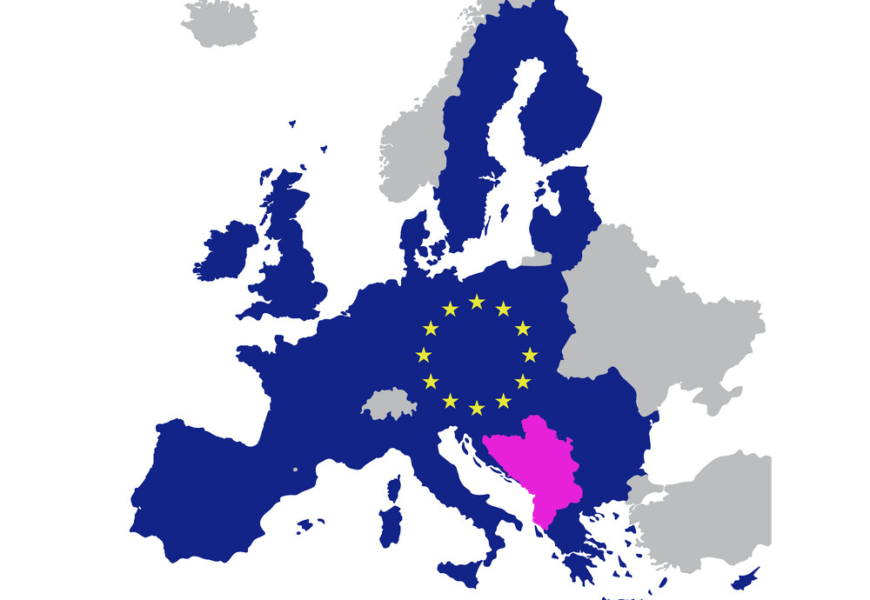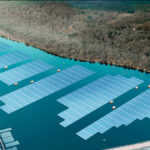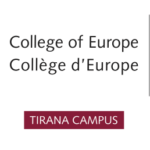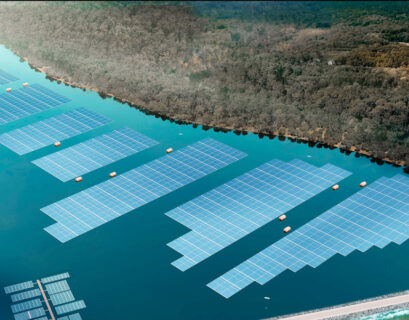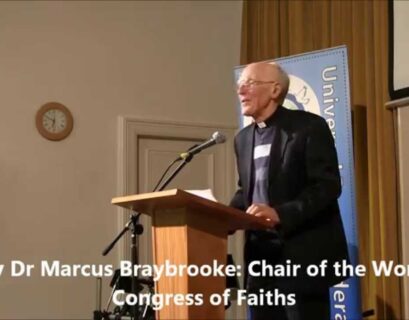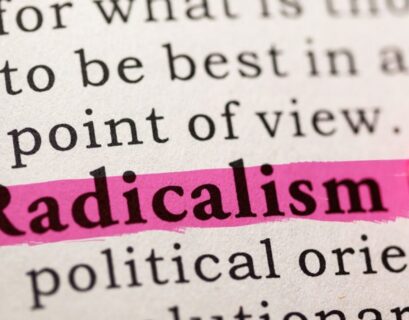By Tanja Fajon, Alexander Schallenberg and Gordan Radman Grlic [1]
In her 2023 State of the Union address, European Commission President von der Leyen asserted that the future of the Western Balkans lies in the EU. In doing so, it reiterated the EU’s promise made at the historic Thessaloniki Summit twenty years ago.
At the time, Yugoslavia’s devastating wars had just ended. International borders had changed with the independence of Montenegro and later Kosovo. And the wave of EU enlargement was about to happen, with ten Central and Eastern European countries joining in 2004, Bulgaria and Romania in 2007 and Croatia in 2013. The driving force behind this process was the powerful vision to reunify the European continent. But also a strong political will in the countries of Central, Eastern and South-Eastern Europe to become members of the European family. For similar reasons, the countries of the Western Balkans were equally motivated to join the EU.
However, after twenty years, the Western Balkans have still not joined the European Union. Sometimes it even seems that EU membership has become less attractive for the region than it was two decades ago. With the world and the EU facing a series of crises in the past two decades, the Union’s appetite for enlargement has waned. At the same time, some Western Balkan countries showed limited political will to implement much-needed EU reforms, giving EU enlargement skeptics arguments against their integration. In general, the enlargement process has proceeded at a slower pace and with less visible and tangible results than expected, leading to disillusionment and departure from the EU. The Union and the Western Balkans – wittingly or unwittingly – found an unsatisfactory modus vivendi.
The window of opportunity for geostrategic expansion
Since Russia’s war of aggression against Ukraine, EU membership has become an even more attractive goal for the Eastern Partnership countries – Ukraine, Moldova and Georgia. At the same time, the countries of the Western Balkans are facing unprecedented challenges to their stability as well as amplified foreign policy dilemmas. However, there is also growing awareness of a new window of opportunity for enlargement, raising expectations vis-à-vis the EU.
We welcome that the EU is now approaching enlargement from a more geostrategic and less bureaucratic perspective than before. Last year’s decision to grant candidate status to Bosnia and Herzegovina was based on strategic considerations. There is a growing recognition that enlargement policy is the EU’s most powerful stabilizing instrument. That said, the EU’s new strategic approach will not lower the standards of enlargement. Full implementation of the reform remains essential.
The current situation is an opportunity for both the European Union and the Western Balkans to show more strategic foresight, to fully regain their enlargement credibility and to reinforce mutual trust, some of which had been lost over the years.
In fact, some concrete steps should be taken without any further delay.
First, the European Union must open EU membership negotiations with Bosnia and Herzegovina by the end of this year. Second, Montenegro must continue its path of reform in the EU, which depends on the formation of the new government in the country. Thirdly, the negotiations with Albania and North Macedonia must be advanced. In North Macedonia, the next steps depend on the country’s ability to pass the necessary constitutional changes. The latest case is a reminder that EU member states and Western Balkan countries must play a responsible role and refrain. from the presentation of bilateral problems and disputes, which are not related to the accession process.
For a gradual and accelerated integration of the Western Balkans into the EU
On the EU side, the discussion on the necessary institutional and financial preparations for the integration of new members is gathering momentum. However, this should not become a pretext to delay the enlargement process for our Western Balkan partners. We need to start implementing existing proposals to speed up the enlargement process now.
EU institutions must be more creative in adapting the enlargement process to today’s needs. The process should be less complex and more results-oriented. We must make it more tangible for citizens and link the progress of the reform with concrete benefits. We also need to engage more dynamically with the countries of the Western Balkans, so that they can really feel the heartbeat of Brussels. From June 2022, there is a clear task from the European Council to advance gradual integration already during the enlargement process. In June 2023, as “Friends of the Western Balkans” together with our colleagues from the Czech Republic, Greece, Italy and Slovakia, we called on the EU institutions to present a clear agenda for gradual and accelerated integration in steps concrete implementation until 2024 and beyond. This should be based on fair and rigorous conditioning as well as the principle of own merits. We see many possibilities, from more frequent invitations to our Western Balkan colleagues in the Foreign Affairs Council to the opening of other policy areas such as education, science, transport or trade for their gradual involvement.
The real value of EU enlargement lies in its transformative capacity: helping countries to raise living standards for their citizens and creating prosperous environments where young people can fulfill their dreams. Our Western and Eastern Balkan partners deserve this opportunity and EU citizens will benefit from greater stability and prosperity beyond the current EU borders. EU enlargement is not one of many political options; it is the geostrategic necessity of the day.
[1] By Tanja Fajon, Minister for Foreign Affairs and European Affairs of Slovenia,
Alexander Schallenberg, Minister of European and International Affairs of Austria,
Gordan Radman Grlic, Minister of Foreign and European Affairs of Croatia


